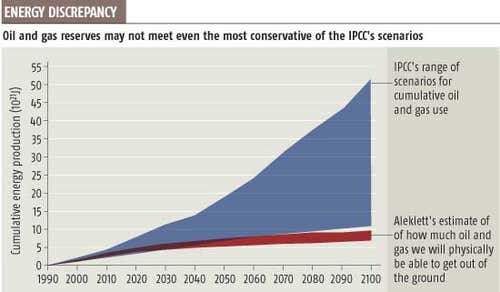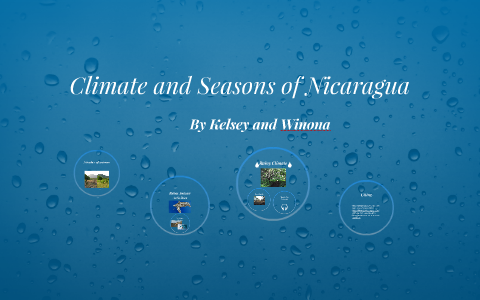Christianity, one of the world’s major religions, invites its followers to reflect on the relationship between humanity and the environment. This bond is informed by theological perspectives, ethical imperatives, and historical traditions which all contribute to the dialogue around climate change. As we delve deeper into this topic, distinct compartments of thought emerge, revealing the multifaceted link between faith and environmental stewardship.
Firstly, it is essential to acknowledge the scriptural foundations that underline the Christian approach to creation care. The Book of Genesis proclaims that God created the world and saw that it was good. This introduction to scripture frames a theological mandate for humans to act as stewards of the Earth. The concept of stewardship—understood as the responsible management of resources—stresses the importance of preserving creation for future generations. It serves as an ethical compass for Christians, guiding them to make environmentally conscious choices in their daily lives.
Building on this foundation, several denominations have begun to engage explicitly with climate change. The Catholic Church, under the papacy of Pope Francis with the encyclical “Laudato Si’,” has called for an urgent response to environmental degradation. This document intricately links environmental issues with social justice, highlighting how climate change disproportionately affects the poor and marginalized. In recognizing that environmental harms often lead to exacerbated societal inequities, the encyclical encourages followers to see climate action as a moral obligation. It positions the ethical responsibility to combat climate change as a fundamental aspect of Christian faith.
Similarly, many Protestant denominations are awakening to the climate crisis, understanding that caring for creation is integral to their mission. Groups like the Evangelical Environmental Network and Interfaith Power & Light focus on educating congregations about the urgency of climate action. They utilize biblical narratives to inspire Christians to advocate for policies that promote sustainability and environmental justice. From sermons to community initiatives, there is an intrinsic call for action, reinforcing that faith must translate into tangible efforts in the realm of climate advocacy.
However, the intersection of Christianity and climate change is not devoid of contention. Some conservative factions have historically been skeptical of climate science, framing it as a distraction from spiritual matters. This skepticism often stems from a cultural mistrust of institutions that promote climate action as intertwined with global governance agendas. Reconciling these viewpoints requires a careful, nuanced discourse that respects individual beliefs while advocating for an informed understanding of environmental issues.
Moreover, the concept of creation care is enriched by ecclesiastical traditions that emphasize conservation and sustainability. Many Orthodox Christian communities view nature as an extension of the divine. Their ecological teachings emphasize harmony with the natural world, suggesting that the degradation of creation is tantamount to disobedience to God’s will. Liturgical practices in these traditions often include blessings of the waters and the environment, reinforcing a collective consciousness towards ecological preservation. These religious customs not only highlight the significance of nature but also promote a lifestyle that seeks to minimize ecological footprints.
Civic engagement within the Christian community illustrates the practical applications of faith in combating climate change. Churches across various regions have initiated programs to enhance energy efficiency, reduce waste, and promote renewable energy use within their congregations. By participating in local and national discussions, Christians can leverage their collective influence to advocate for policies that protect the environment. These grassroots efforts demonstrate that faith communities can play a pivotal role in environmental reform, uniting people around a shared purpose of caring for God’s creation.
Education remains a cornerstone in the effort to connect Christianity with climate change. Many seminaries and religious institutions are beginning to integrate ecological theology into their curricula. This academic approach explores how biblical narratives and ethical teachings can inform sustainable practices. By equipping future leaders with knowledge about the environment, they can better guide their communities in meaningful action and enable dialogues that foster deeper understanding.
As Christians engage in the fight against climate change, an essential component is the promotion of hope. The belief in a Creator who has a plan for the world serves as a source of encouragement amid adversity. This sense of hope can motivate action and inspire individuals and congregations to actively participate in environmental stewardship. By focusing on the ethical dimensions of caring for creation, Christians can cultivate an optimistic vision for a more sustainable future that aligns with their spiritual values.
Lastly, it is essential to recognize that the path forward includes challenges, but it also brims with possibilities. Upholding a Christian ethos that values creation means continuing to learn, unlearn, and adapt in a rapidly changing climate. Navigating through theological insights, ethical imperatives, community actions, and educational initiatives, Christians can effectively engage with the climate crisis. The link between faith and global warming opens a dialogue rich with potential, inviting believers to reimagine their role in protecting the planet and advocating for a sustainable future.







